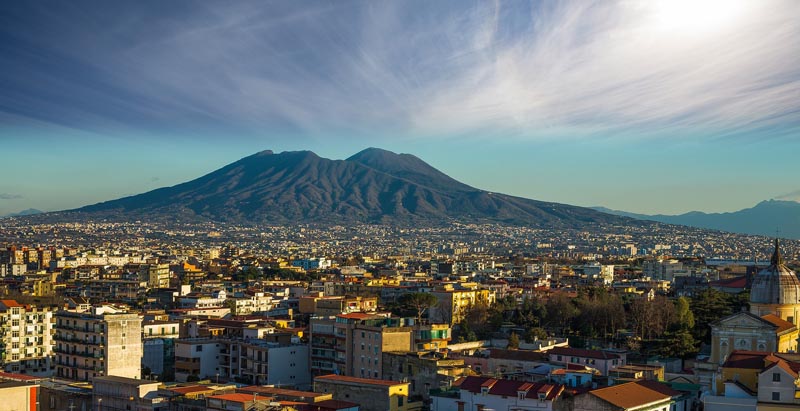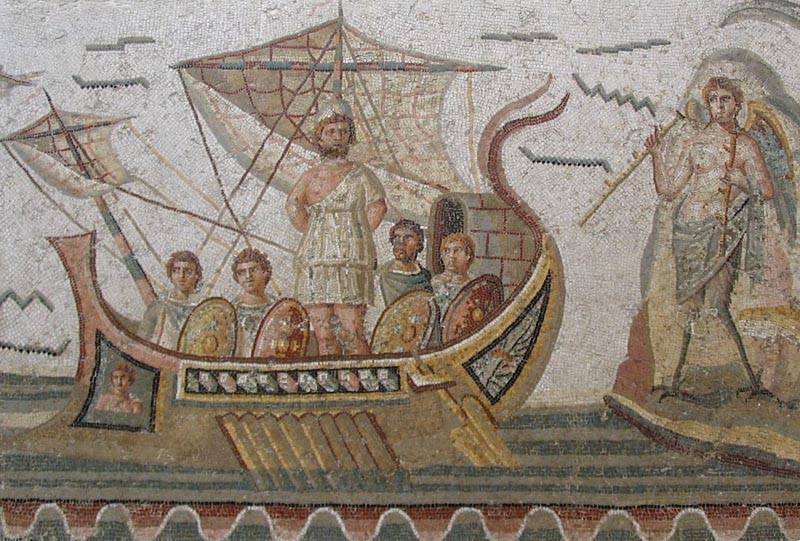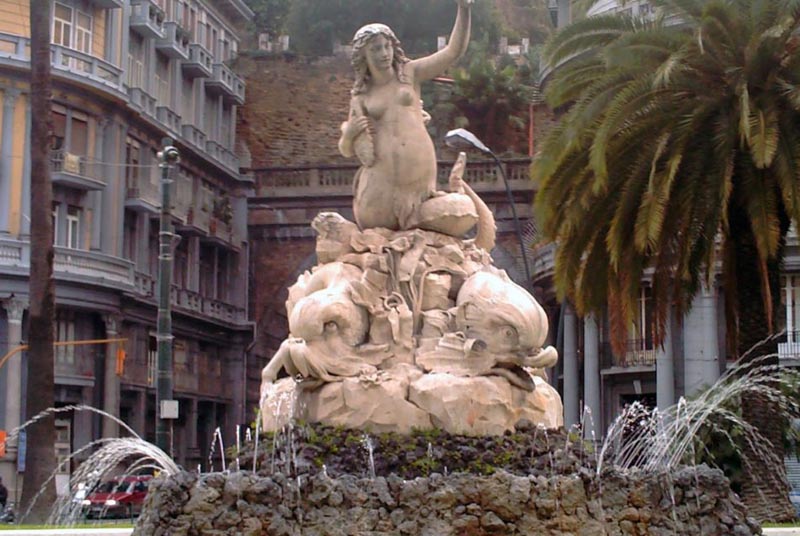Partenope is, according to the legends, the founder of the city of Napoli. Undoubtedly, it has marked its characteristic features: love, beauty and hospitality. However, there are three different legends about Partenope that have made Naples the city we know today.

The disappointment of Partenope: the story of the Odyssey
Homer - or the character to whom the Odyssey can be attributed - sang about the story of Ulysses, describing him as a curious and stubborn man. His shrewdness allowed him and his crew not to fall into the trap of singing the siren, following the advice of the Maga Circe. During the voyage, in fact, the crew covered their ears and he let himself be tied to the mainmast, eager to listen to that sweet and enchanting song. Among the sirens, there was the candid and sweet Partenope who, together with the others, embittered for not being able to enchant Ulysses, committed suicide. Its great ally, the sea, dragged it up to Megaride, where some fishermen worshiped her as a goddess. From its features the Neapolitan landscape was outlined: the cape is to the east, on the hill of Capodimonte and the tail, on the other hand, draws the outline of Posillipo.

The sea and the fire, Partenope and Vesuvius
According to a XNUMXth century myth, Partenope was a mermaid who resided in the Neapolitan gulf and one day she met a centaur named Vesuvio. They fell madly in love but Zeus, jealous and possessive, he transformed the centaur into a volcano and so Partenope, tormented by an irrepressible pain, could only see her beloved without being able to interact with him in any way. Destroyed by sadness, she committed suicide and, perhaps thanks to some celestial deity, was transported to the coast of Megaride. The coast took on its features and she was transformed into the first form of the Neapolitan city. Finally, he could rejoin Vesuvius, forever establishing a timeless pact of love.

Partenope: the fertile city
According to the latest version, Partenope was a graceful and tender girl who lived in Greece. Her love was placed in the young man Cimone but her father hindered her marriage, as the young woman was already promised to Eumeus. The two, well aware of the fact that they could not be without each other, decided to leave to never return to their city. Their journey took them to a pleasant, flourishing and peaceful place. The area, in fact, was full of luxuriant vegetation, clear sea and clear skies. They decided to stay there forever, making their dream come true love.

The Neapolitan welcome
The two young people, who settled in the Gulf of Naples, also decided to call their relatives and friends from Greece, spreading the word of the earth so full of opportunities. But not only that: many people of other populations decided to join them, after having learned of the existence of Naples. Since its origins - albeit legendary - Naples became a center of welcome, where various populations mixed, always ready to add a seat at the table. Even today it is one of the distinctive features of the Neapolitans. Indeed, addo 'magnano duje ponno magnà pur trethat is, where two people eat, there is enough food for three to eat.





